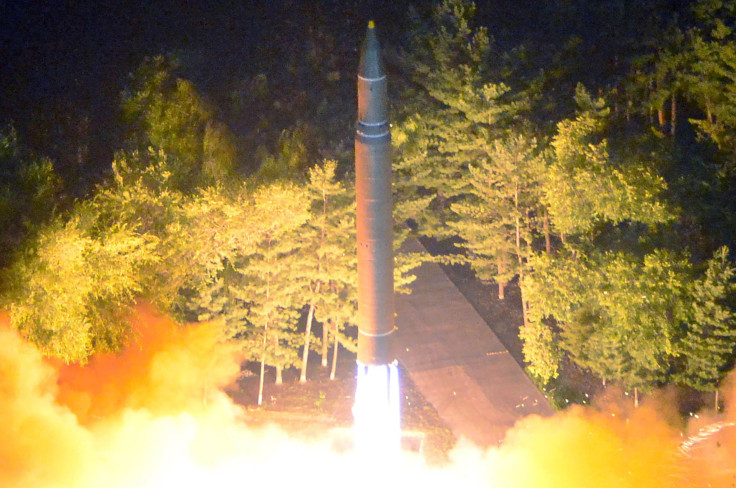North Korea News: Kim Jong Un To Resume Nuclear Weapon And Missile Tests?

North Korea has hinted that it could lift its 20-month moratorium on nuclear weapon and missile testing due to disputes over U.S. joint military exercises with South Korea.
The North Korean Foreign Ministry feels lifting the moratorium may be necessary for its security, as they believe the joint military drills are a rehearsal for a potential invasion.
North Korea has recently been testing short-range weapons, but thus far refrained from engaging in testing long-range missiles. In May, North Korea fired short-range projectiles into the Sea of Japan which alarmed both Japan and South Korea. This was the first missile test the country conducted since 2017.
North Korea also said that the drills threaten its nuclear talks with the U.S.
"With the U.S. unilaterally reneging on its commitments, we are gradually losing our justifications to follow through on our commitments we made with the U.S. as well," the Foreign Ministry said.
The U.S. and North Korea have been pursuing a series of negotiations, where North Korea would commit to denuclearization in exchange for reduced sanctions. President Donald Trump and Kim Jong Un met in Hanoi, Vietnam, in February and Singapore last summer to discuss the matter but failed to reach an agreement.
The two leaders share an unusual relationship. In late June, Trump met Kim at the demilitarized zone separating North and South Korea and Trump even stepped into North Korea to meet Kim, the first U.S. leader to do so.
Trump later said he received a "beautiful" letter from Kim Jong Un, which he said was wishing him a happy birthday. Kim also said he had received an "excellent" letter from Trump.
In 2017, Trump called Kim "Little Rocket Man," while Kim called Trump "a frightened dog" and a "gangster fond of playing with fire."
North and South Korea are still technically at war, as the Korean War ended in 1953 with a truce, not a peace treaty. Thousands of members of the U.S. military remain in South Korea for security purposes.
China, which is engaged in a trade war with the U.S., is North Korea’s most important trading partner, accounting for 95% of North Korea's trade in 2017.
© Copyright IBTimes 2025. All rights reserved.





















